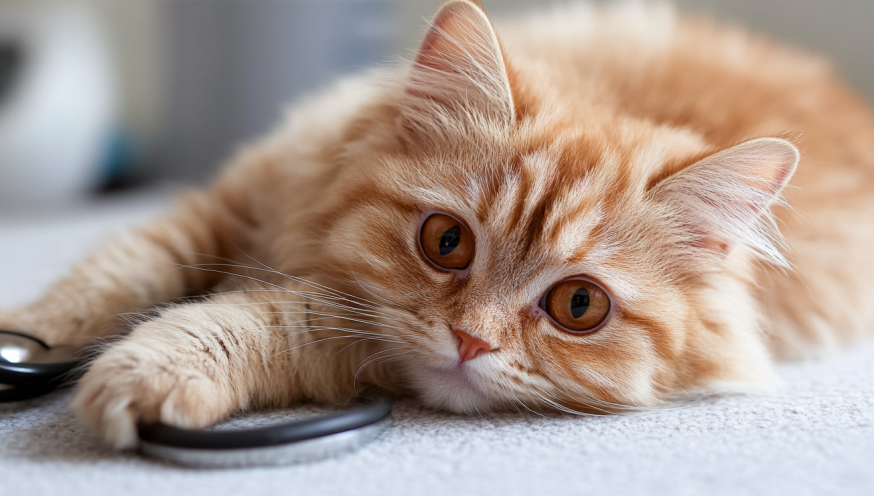Common Health Problems in Persian Cats
2 min read
Persian cats are one of the most popular cat breeds, known for their luxurious coat, sweet demeanor, and flat-faced appearance. However, this unique structure also makes them susceptible to various health concerns. Being an informed cat owner is crucial for ensuring your Persian's well-being. Here are some common health problems faced by Persian cats:
- Brachycephalic Airway Syndrome: Due to their flat faces, Persian cats often experience breathing difficulties. This condition can lead to snoring, labored breathing, and intolerance to heat. To help your Persian, avoid vigorous exercise in hot weather and provide a cool environment at home.
- Eye Problems: Persian cats are prone to tear duct issues, leading to excessive tearing and staining of their beautiful fur. They are also susceptible to conditions like cherry eye and corneal ulcers. Regular vet checks and eye cleaning can mitigate these issues.
- Dental Disease: Many Persian cats suffer from dental problems such as gingivitis and periodontal disease. Regular dental check-ups, tooth brushing, and dental treats can help maintain their oral health.
- Polycystic Kidney Disease (PKD): This hereditary condition leads to kidney cyst formation and can severely affect kidney function. Regular veterinary check-ups and screenings can help manage and detect PKD early.
- Skin Conditions: The long, thick fur of Persian cats can trap dirt, grease, and dead hair. This makes them prone to skin infections and matting. Regular grooming and bathing can prevent these issues and keep their coat healthy.
- Obesity: Like many indoor cats, Persians can easily become overweight if not managed correctly. An appropriate diet and regular playtime can help keep your Persian at a healthy weight.
- Heart Disease: Persians can be at risk for hypertrophic cardiomyopathy, a heart condition that makes it harder for the heart to pump blood. Regular veterinary check-ups can aid in early detection and treatment.
Prevention and Care: To help your Persian cat live a long and healthy life, prioritize regular veterinary visits, a balanced diet, consistent grooming, and appropriate exercise. Understanding these common health issues will enable you to provide the best care and prompt treatment when necessary. Remember, being proactive about your Persian's health can make all the difference in their quality of life.


